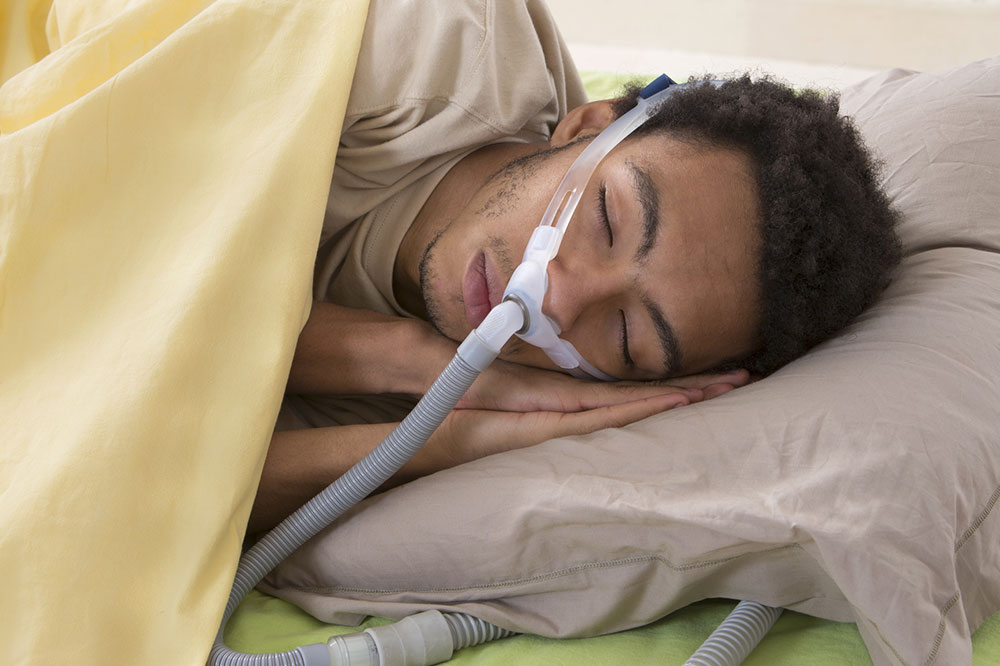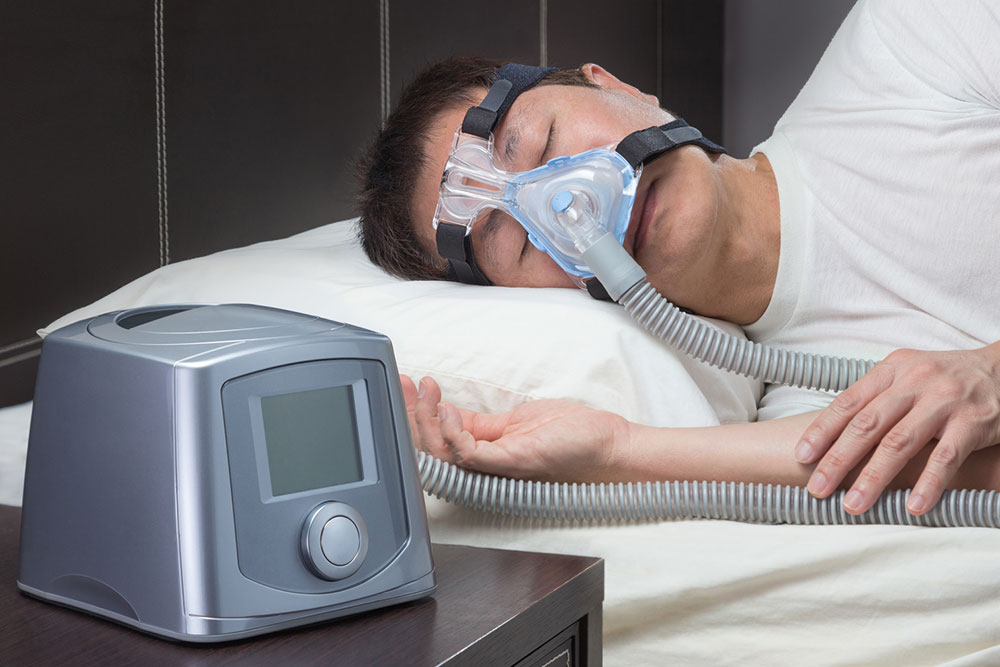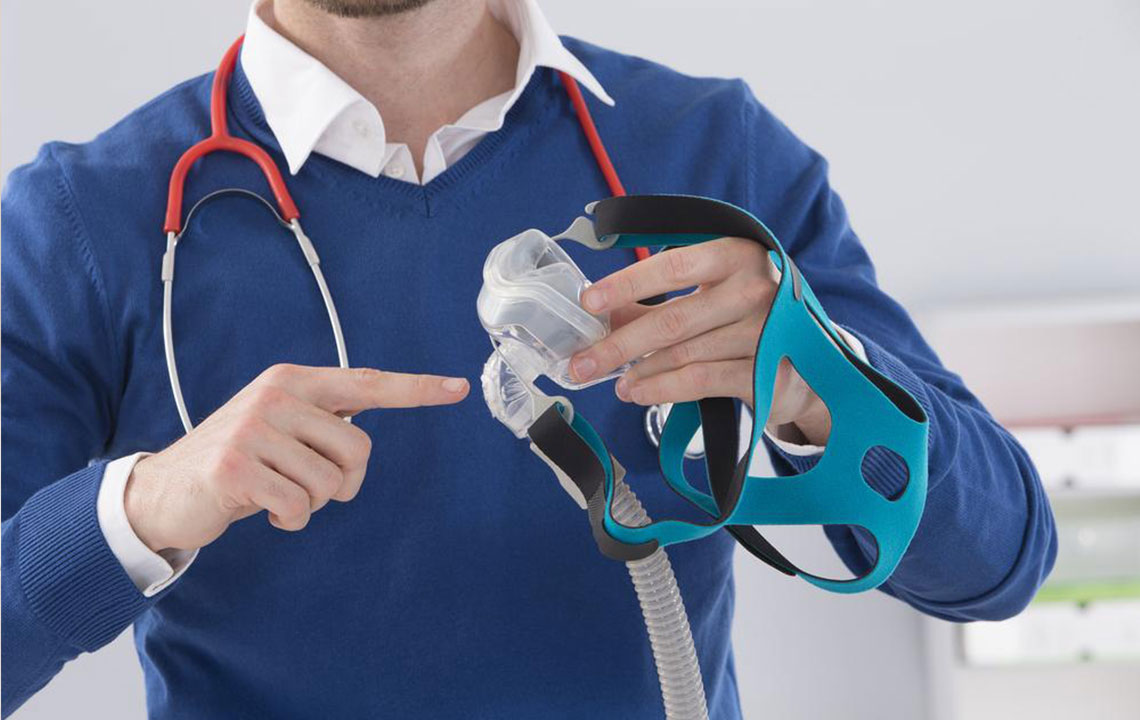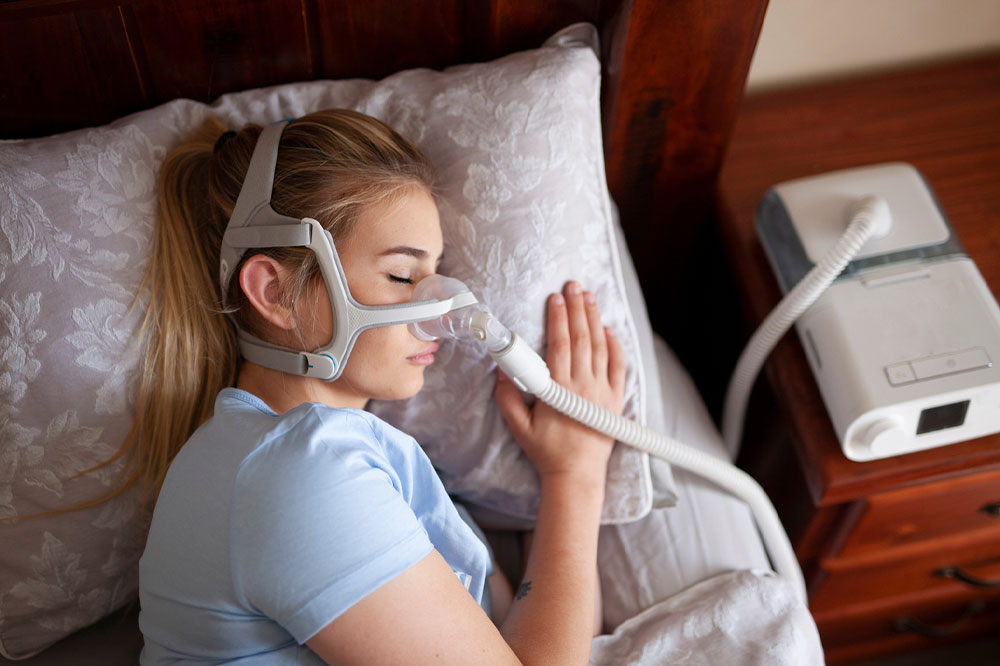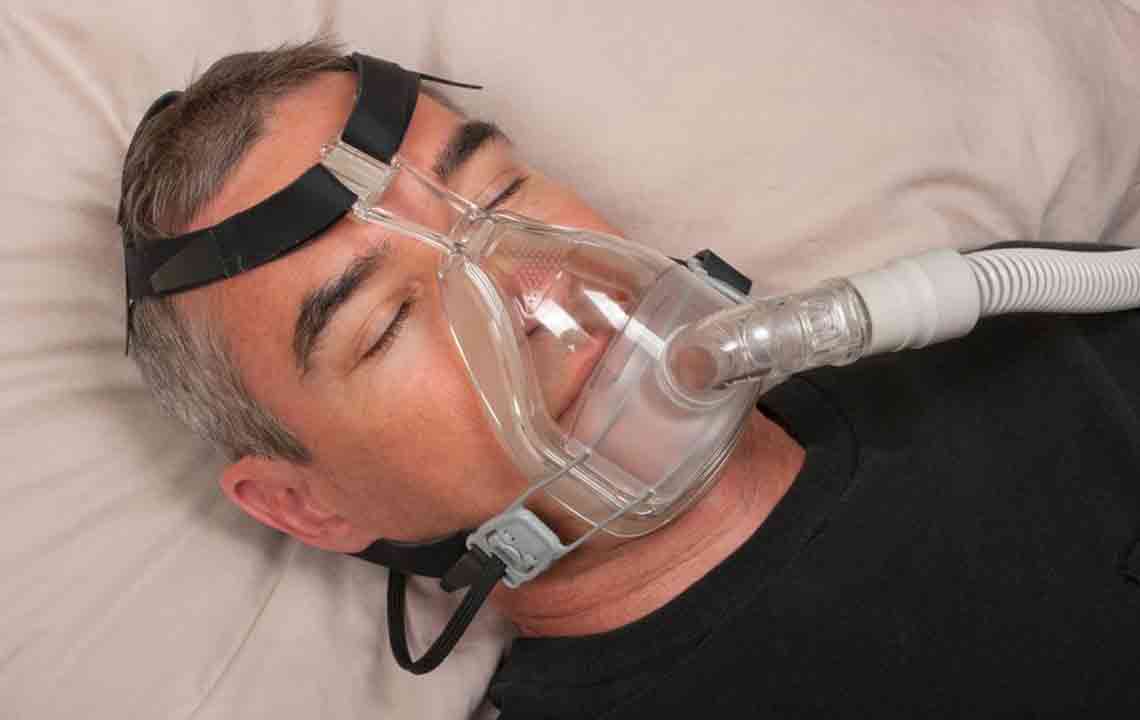Top 3 Medical Approaches for Managing Sleep Apnea
Discover the top medical treatments for sleep apnea, including CPAP therapy, nerve stimulation, and surgical options. Early intervention can prevent health complications associated with this sleep disorder.
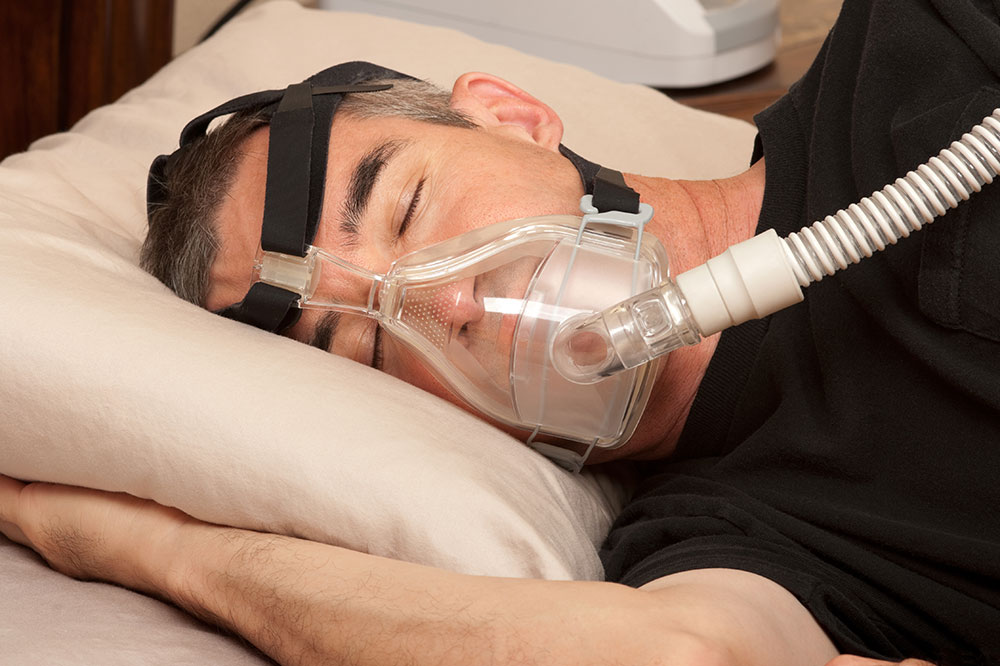
Effective Medical Options for Managing Sleep Apnea
Sleep apnea is a disruptive sleep disorder that can pose serious health risks. It often leads to elevated blood pressure and episodes of halted breathing during sleep. Early diagnosis and treatment are crucial to prevent complications.
Here are three common medical strategies to alleviate or control sleep apnea symptoms.
Positive Airway Pressure (PAP) Therapy
This widely used treatment involves wearing a mask over the nose, mouth, or both, connected to a device that supplies pressurized air. The system prevents airway collapse by maintaining adequate airflow. Various PAP devices include:
Continuous Positive Airway Pressure (CPAP)
This device delivers a constant pressure setting to keep airways open.
Bi-Level PAP
It provides a higher pressure during inhalation and a lower pressure during exhalation.
Auto CPAP
This smart device automatically adjusts pressure levels based on the user's needs.
Adaptive Servo-Ventilation (ASV)
Designed for central sleep apnea, it acts as a non-invasive ventilator to stabilize breathing patterns.
Hypoglossal Nerve Stimulation
This implantable device stimulates the hypoglossal nerve to move the tongue forward, preventing airway obstruction. Placed under the skin on the right chest, electrodes connect to muscles that keep the airway open during sleep.
Surgical Treatments
Surgery is considered when structural issues like enlarged tonsils, deviated septum, or small jaw contribute to airway obstruction. Procedures include:
Somnoplasty
Tonsillectomy
Nasal Surgery
Uvulopalatopharyngoplasty (UPPP)
Mandibular or maxillary advancement surgery
Consult a healthcare professional to determine the most suitable treatment for your condition.
Note:
The information provided is for educational purposes only. Always seek advice from licensed healthcare providers before starting any treatment or making health decisions.

